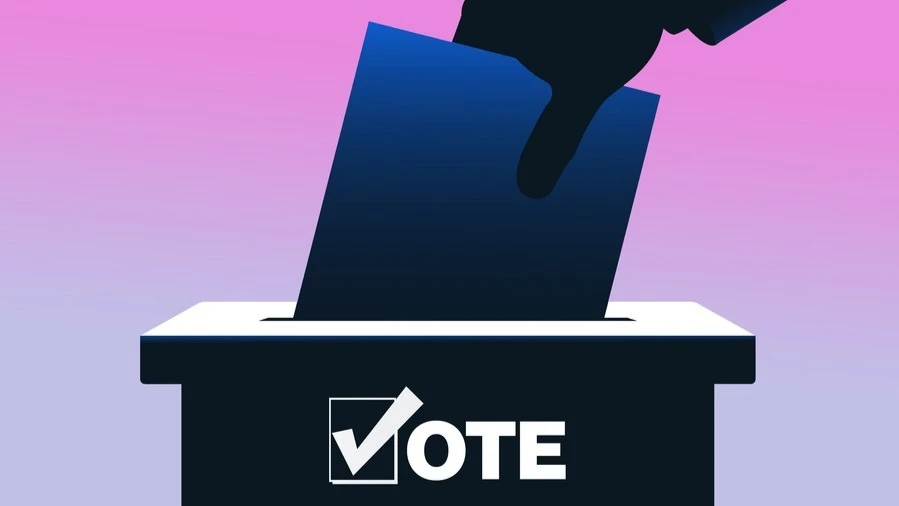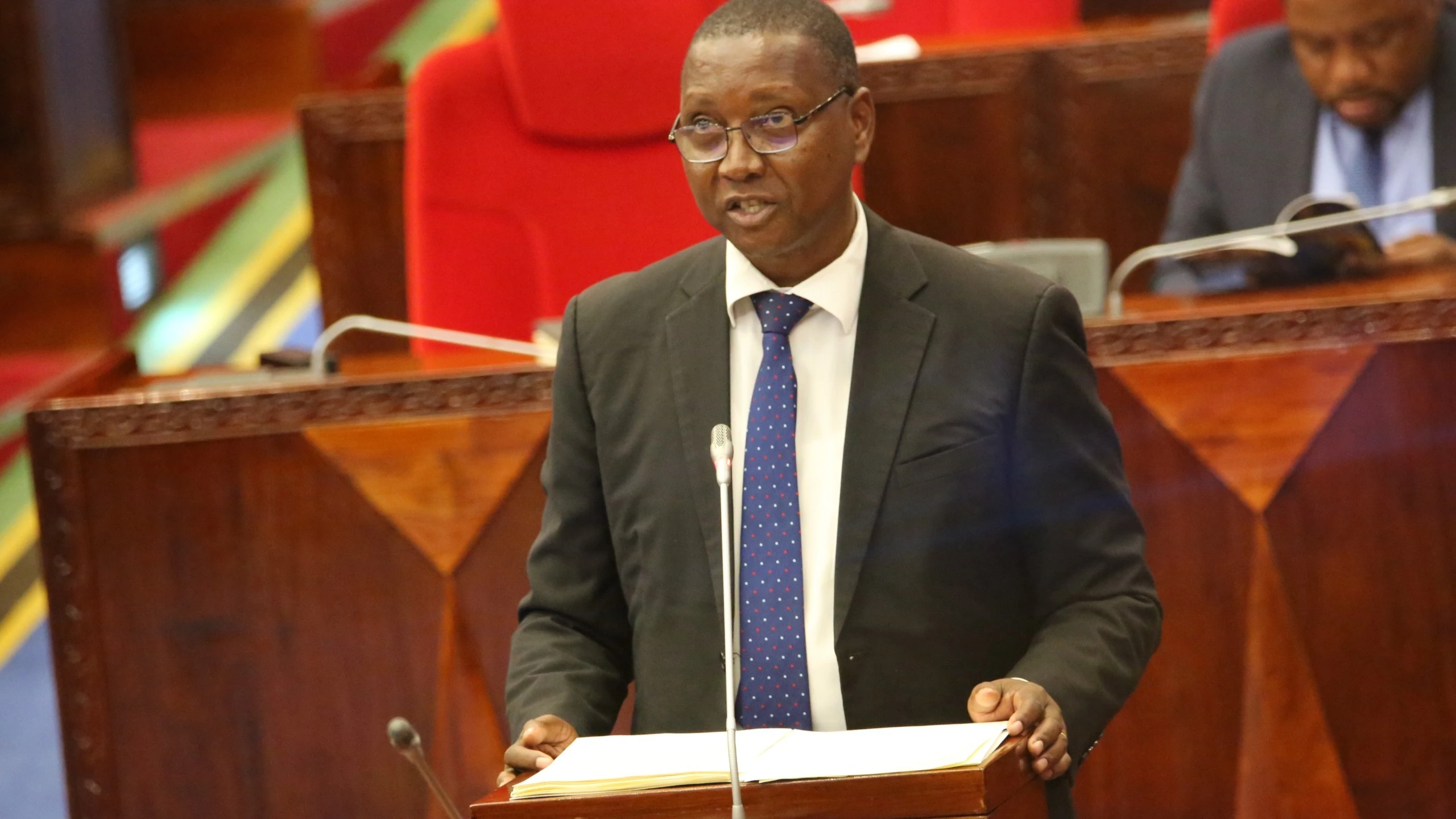BoT urges Tanga residents to tap forex business opportunities

The Bank of Tanzania (BoT) has called on residents of Tanga Region to seize the opportunity presented by the absence of licensed foreign exchange bureaus by registering and obtaining licenses to operate in this vital economic sector.
BoT officials said such a move would empower individuals economically while supporting national economic growth and regional development.
The appeal was made during a stakeholders' meeting held at the Tanga Regional Commissioner’s office, which brought together local business operators engaged in financial services.
Senior BoT Inspector Jaribu Walii emphasized the government’s commitment, under the leadership of President Dr. Samia Suluhu Hassan, to creating a more business-friendly environment. He noted that recent reforms are aimed at addressing concerns raised by financial sector stakeholders and easing the establishment of forex bureaus.
Among the key reforms is the revision of foreign exchange regulations, including a drastic reduction in the minimum capital requirement for a Class B license—from one billion shillings to 20 million shillings.
In addition, owners of three-star hotels and above are now exempt from providing additional capital for forex operations, with their existing hotel investments considered sufficient collateral.
Suzan Katabi, Manager for Supervision of Special Financial Institutions at the BoT, disclosed that a recent inspection in Tanga uncovered individuals operating unlicensed foreign exchange services. She warned that such illegal activities carry serious legal consequences, including potential charges of economic sabotage.
Katabi also cautioned residents against engaging in the black market for foreign currency, citing risks such as legal penalties, national revenue losses, and unreliable data that hampers effective financial planning.
Participants at the meeting voiced concerns over the limited availability of forex bureaus in the region. Many highlighted their dependence on commercial banks, which often do not accept or trade regional currencies from neighboring Kenya and Uganda—despite frequent cross-border trade and travel.
BoT’s Foreign Exchange Intervention Policy, introduced in 2023, aims to stabilize the Tanzanian shilling, manage foreign currency reserves, and ensure adequate liquidity in the market. The central bank conducts interventions in the Interbank Foreign Exchange Market (IFEM), primarily through dollar auctions, such as recent sales of $35 million and $25 million.
These interventions support BoT's broader monetary policy objectives, including exchange rate stability, price control, and fostering a resilient financial system.
Ultimately, BoT's active role in the IFEM underscores its strategic efforts to safeguard the value of the shilling and maintain the stability of Tanzania’s financial landscape.
Top Headlines
© 2025 IPPMEDIA.COM. ALL RIGHTS RESERVED

























